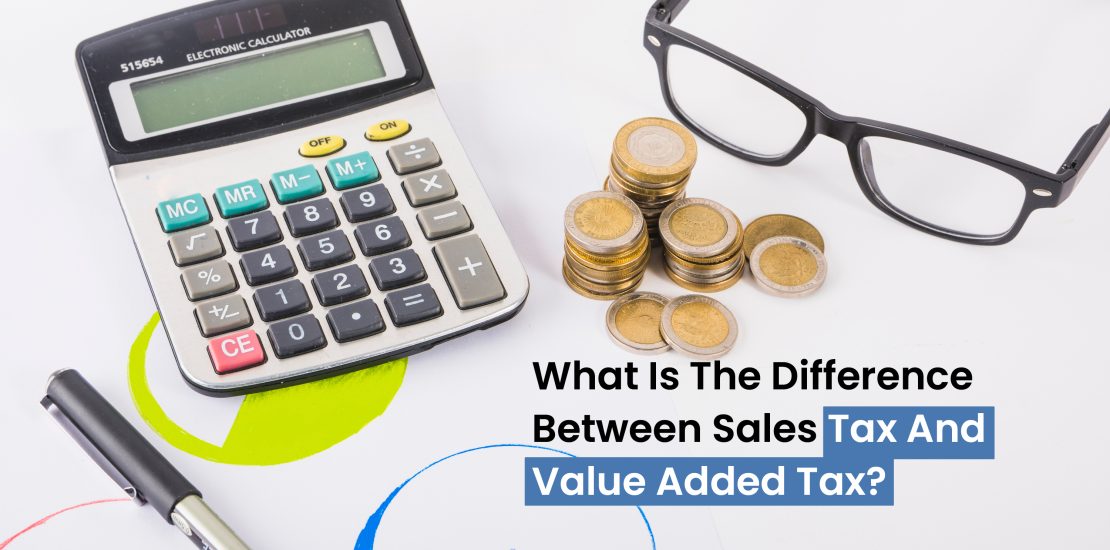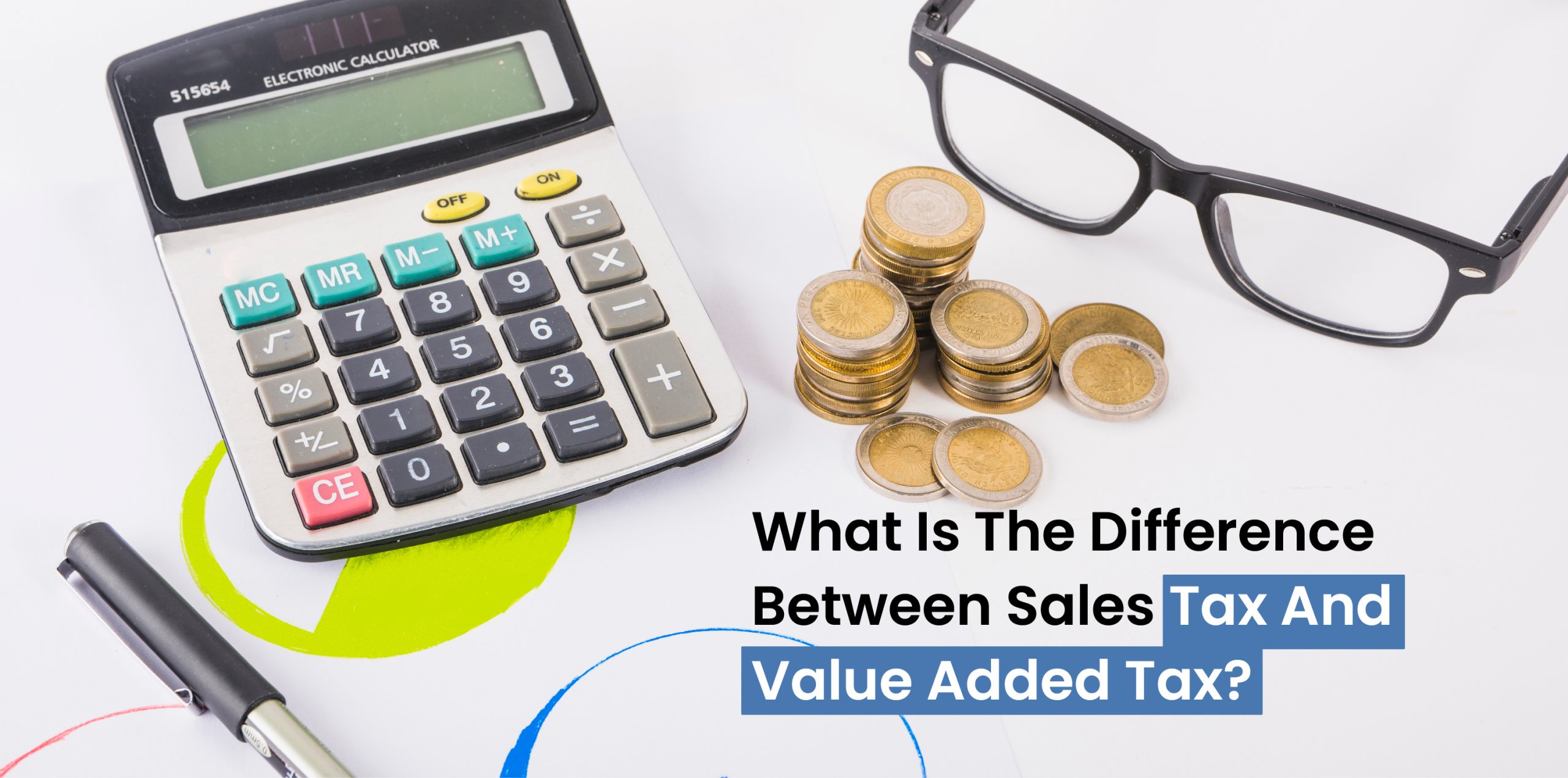What is the difference between Sales Tax and Value Added Tax?
- September 28, 2023
- Posted by: admin
- Category: Value Added Tax

When it comes to taxes, it’s important to understand the distinctions between different types to ensure compliance and financial planning. In the United Arab Emirates (UAE), two common forms of taxation are Sales Tax and Value Added Tax (VAT). While both aim to generate revenue for the government, they have distinct characteristics and implications for businesses and consumers.
Sales Tax: The Basics
Sales Tax is a consumption-based tax levied at the point of sale of goods or services. It is typically a percentage of the item’s selling price. This tax is collected by the seller at the point of sale, and it’s usually a percentage of the item’s retail price.
Example
If you purchase a gadget for AED 100 with a 5% sales tax, you’ll pay an additional AED 5 in taxes.
In the UAE, however, there is no federal Sales Tax. Instead, the country has embraced Value Added Tax (VAT), making Sales Tax less relevant in this context.
Value Added Tax in UAE: An Overview
Value Added Tax, commonly known as VAT, is a broad-based consumption tax imposed on the value added to goods and services at each stage of production or distribution. It is applied at a standard rate of 5% in the UAE, with some exceptions for zero-rated and exempt supplies.Key Differences Between Sales Tax and VAT in UAE
The fundamental difference between sales tax and VAT lies in their application.
Nature of the Tax
Sales Tax is a single-stage tax, meaning it is imposed only once, usually at the retail level. In contrast, VAT is a multi-stage tax, applied at multiple points along the supply chain, from production to the final sale.
Taxation Point
For Sales Tax, the tax is collected at the point of sale to the end consumer. In VAT, tax is collected at each stage of the production and distribution process, allowing for input tax credits.
Tax Rates
Sales Tax rates can vary significantly between different products and services. VAT in the UAE has a fixed rate of 5%, providing more predictability for businesses.
Input Tax Credit
VAT allows businesses to claim input tax credits, reducing the tax liability on their final output. Sales Tax typically does not offer this benefit.
Filing and Compliance
Filing taxes can be a daunting task, but it’s essential to stay compliant with tax regulations.
Sales Tax Filing
As Sales Tax is not commonly applied in the UAE, there are no specific filing requirements for it.
VAT Filing
For VAT in the UAE, businesses are required to:
- Register for VAT if their annual turnover exceeds the threshold.
- File regular VAT returns, usually on a quarterly basis.
- Keep accurate records of their transactions.
Thresholds and Registration
In the UAE, VAT registration is mandatory for businesses with a taxable turnover exceeding AED 375,000. Sales Tax thresholds, if applicable, can vary widely.
How Do They Impact Consumers?
Sales tax tends to be more transparent for consumers, as it’s included in the product’s price. On the other hand, VAT might appear hidden since it’s paid incrementally throughout the production chain. However, consumers ultimately bear the brunt of both taxes, as they contribute to the final price of goods and services.
Potential Benefits and Drawbacks
Everything has its benefits and drawbacks. Let’s discuss
Benefits of Sales Tax:
- Simplicity: Easy to administer and understand.
- Lower compliance costs for small businesses.
- Transparency: Consumers see the tax amount upfront.
Drawbacks of Sales Tax:
- Limited revenue generation compared to VAT.
- Can lead to tax cascading (tax on tax).
- Potential for tax evasion.
Benefits of VAT:
- Broader revenue base for the government.
- Encourages transparency and better record-keeping.
- Allows for input tax credit, reducing the tax burden on businesses.
Drawbacks of VAT:
- Complex for small businesses to manage.
- May increase administrative costs.
- Requires a robust taxation infrastructure.
VAT Services in UAE
The UAE introduced VAT on January 1, 2018, with a standard rate of 5%. This marked a significant change in the country’s tax landscape. To help businesses navigate this new tax system, VAT services were established. BRISK’s VAT services in UAE include registration, return filing, and compliance assistance. We ensure that businesses adhere to VAT regulations and avoid penalties.



